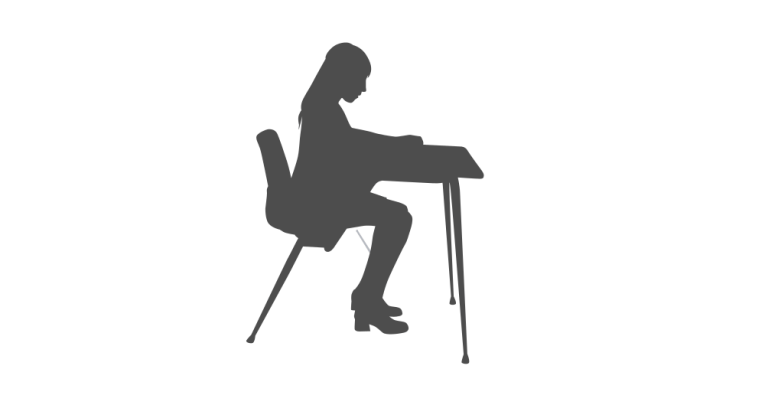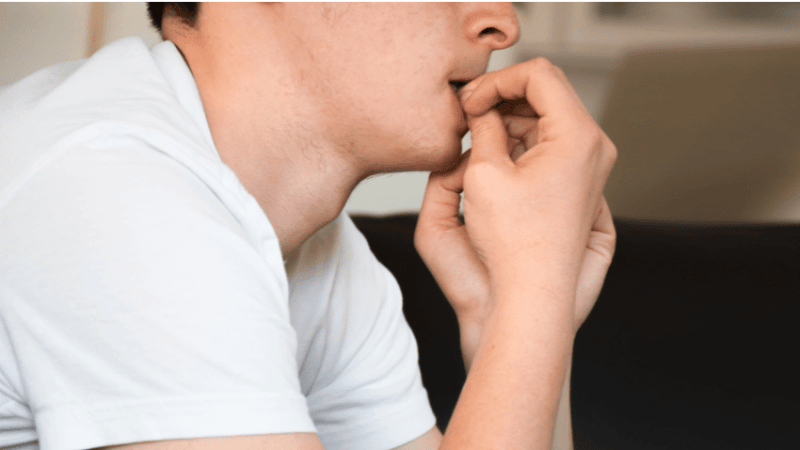The Government’s Refusal to Fund Free Sanitary Products for School Pupils is Shameful

This decision demonstrates a lack of empathy and compassion, says Fiona Millar…

- by Fiona Millar

We all know about austerity and the arguments for and against. But there is another form of economy that just goes straight into the box marked ‘mean-spirited stinginess’.
And when I saw the headline, “DFE won’t offer free sanitary products to combat period poverty”, my immediate reaction was: what an unnecessarily miserly, penny-pinching decision.
For those still in the dark, ‘period poverty’ is a term that refers to women being unable to access menstrual products because of financial circumstances. It is an endemic problem in less economically developed countries.
Close to home
But, shockingly, thousands of young women every year in the UK are estimated to be adversely affected too, possibly routinely missing school and losing valuable learning time, because they cannot afford to buy menstrual products.
A survey by Plan UK revealed that 1 in 7 girls have struggled to afford menstruation products. More than 1 in 10 have had to use items other than sanitary products to stem their menstrual flow – some were using socks stuffed with toilet tissue or newspaper. Almost half are embarrassed by their periods.
Look at this last fact, then take a step back and recognise that the fact we are even talking about girls’ periods publicly is a big step forward.
Shame is undoubtedly one reason why these shocking statistics have taken time to emerge. And we have some very feisty young women campaigners to thank for that – including the London sixth former who started the Free Periods campaign.
Before Christmas, she and her fellow campaigners attracted around 2000 young women, but also young men, and celebrities such as the models Daisy Lowe and Adwoa Aboah, to a demonstration outside Downing Street.
Once the story started making headlines, heads, teachers and doctors around the country came forward with evidence and anecdotal accounts of how this issue plays out in their communities.
It even emerged that one charity in the North of England, usually funded to provide sanitary products to women in Kenya, was being called on to do the same by head teachers in Leeds.
A hidden issue
As a result the Treasury agreed that £1.5 million of the money earned from VAT on sanitary products (yes, they are still taxed as ‘luxury items’ while other ‘essentials’ such as Jaffa cakes are VAT free) should go to a leading sexual health charity to do more research and campaigning on the issue.
But that doesn’t address the remaining £4 million that could sort this problem pdq by simply giving the products to all eligible girls. Or the fact that the Department for Education has chosen to base its decision, not on professional concerns, but instead on general figures about authorised and unauthorised absence rates.
Unsurprisingly, girls tend not to give menstruation and lack of money to buy sanitary products as an excuse for missing school, though girls’ absence rates increase steadily between the age of 10 and 14, are higher than boys’, and are much higher amongst those eligible for Free School Meals.
One would have thought that ministers might want to probe this trend more forensically before taking a blanket decision not to fund free sanitary products, but sadly this is not yet the case.
Privilege and power
Of course this isn’t really about periods, it is about poverty, inequality, gender – and the fact that the majority of decisions in this country are still made by those who are pale, male and relatively affluent.
Of course, a privileged background doesn’t mean that someone will lack concern. But it may mean that they lack empathy or understanding of people, children and families unlike their own.
The Scottish government has moved ahead swiftly and pledged to fund free sanitary products to all Scottish women who need them. Our government lags shamefully behind. One can only ponder what might have happened by now if this were an equivalent essential product required by men.
Fiona Millar is a columnist for The Guardian and a co-founder of the Local Schools Network; for more information, visit fionamillar.com or follow @schooltruth.









